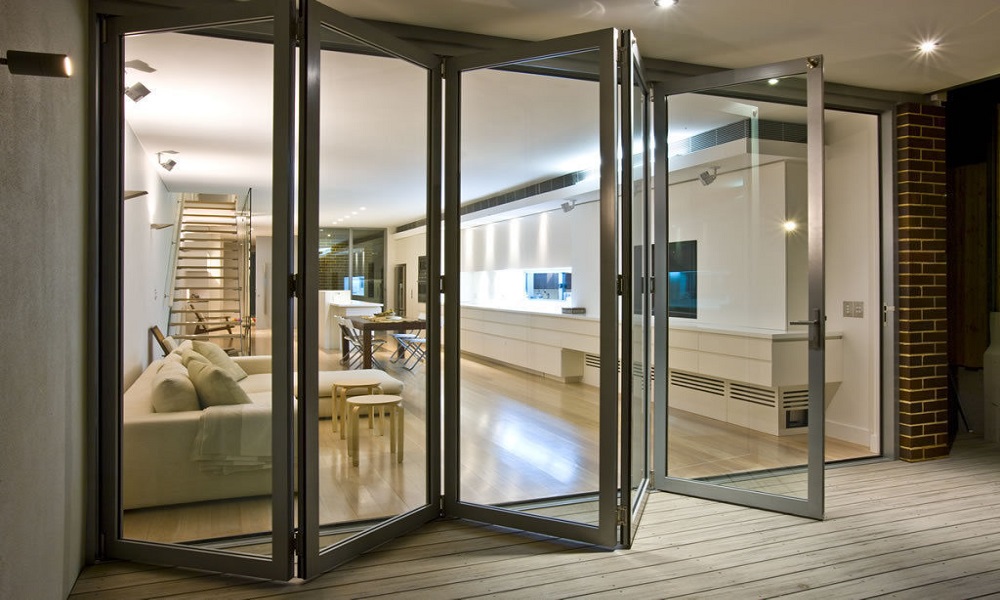All Categories
Featured
Table of Contents
Does Double Glazing Keep Heat Out in Bedfordale WA
That window can transfer more solar heat in winter season than in summer season. A west-facing window on a summertime's afternoon has an angle of incidence from near 0 as much as 30 with a large reliable location of solar radiation. A north-facing window, in summertime, has a high angle of occurrence and a low effective area of solar radiation, so can send less heat than a west-facing one.

However you can quickly and quickly improve the thermal performance of your home by replacing your windows. This is among the most efficient approaches of remodelling to attain enhanced thermal comfort. There are thousands of types of glass and frames to select from. Picking the best ones is very important to enhancing the energy performance of your house.
Top 10 Tips To Keep Your Home Cool in Attadale Perth
Single glazing with clear glass is not very efficient when it comes to heat loss or gain. To enhance performance, you can use single glazing with a more energy-efficient type of glass such as low emissivity (low-e) glass.
Multiple layers can be put together with sealed cavities in between each sheet of glass. IGUs typically provide better energy efficiency than single glazing, due to the fact that they transmit less energy. However, the energy performance of IGUs likewise depends on: the residential or commercial properties of each layer of glass. Different glass types (for example, clear and low-e glass) can be assembled in an IGU.
Energy Efficient Windows: Choose The Best Option For Your ... in Quinns Rocks Perth

IGU cavities can be filled with air or a more inert, low-conductivity gas such as argon the width of the cavity. Broader cavities offer lower (better) U worths, with 12mm normally accepted as the favored space how well the cavity is sealed.
If argon is installed to the cavity in place of air, wetness is dependably left out the level of desiccant (drying representative). The spacer (metal or polymer strip) that separates the glass layers includes a desiccant to absorb any moisture. Insufficient desiccant may trigger moisture to condense on the glass surface in cold conditions, reducing thermal efficiency.
Summer Scorcher Predicted, Again! Double Glazed ... in Floreat Perth
IGUs can deliver better energy performance for all environments, especially in heated and air-conditioned homes. Cross-section information of single, double and triple-glazing systems Low emissivity glass (frequently called low-e glass) reduces heat transfer. Low-e glass might be either high or low transmission: High transmission low-e glass has a finish that allows daylight from the sun to enter your home to achieve excellent solar heat gain, but decreases the quantity of the long wavelength infrared heat that can leave back through the window.
Low-e glass has either a pyrolytic covering or a vacuum-deposited thin film metal finish. Pyrolytic coatings are resilient and can be utilized for any glazing; vacuum-deposited coverings are soft and are only utilized within IGUs. Low-e coatings can considerably improve both U worth and SHGC; nevertheless, they need to be utilized properly or they will either deteriorate or fail to perform as needed.
A Complete Guide To Double Glazed Windows in Burswood Perth
Low-e finishings can be utilized in combination with clear, toned or reflective glass. Low-e coverings on glazing can reduce heat transfer where required Picture: Department of Industry, Science, Energy and Resources Toned glass has actually colouring additives included during manufacture. It is available in numerous colours, typically bronze, grey, blue and green.
Latest Posts
How To Upgrade Your Garden's Summer House For Year- ... in Hilton WA
When Is The Best Time Of Year To Replace Windows? in Hovea Western Australia
Sustainability in Coolbellup Perth